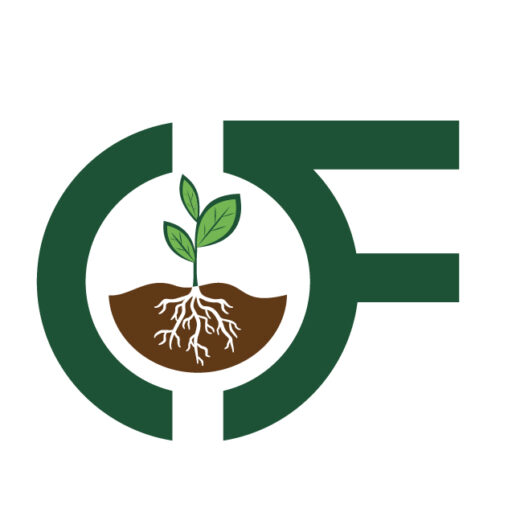Local Hay Suppliers in Tri-Cities: Supporting Community Growth and Sustainable Farming
In the Tri-Cities area, local hay suppliers like Ohana Farms play a key role in supporting community growth and sustainable farming practices. For pet owners, farmers, and livestock owners, sourcing hay locally not only ensures fresh, high-quality products but also contributes to the local economy, supports eco-friendly agricultural practices, and fosters community relationships. We will walk you through the importance of choosing a local hay supplier in Tri-Cities, the benefits of sustainable farming, and how these practices support a resilient agricultural community.
(Ohana Farms- Daily working on the hay field.)
Why Choose Local Hay Suppliers in Tri-Cities?
The Tri-Cities region — consisting of Richland, Kennewick, and Pasco — has a rich history in agriculture, with hay being one of the most significant crops. Opting for local hay suppliers like Ohana Farms brings multiple advantages:
- Fresher Hay with Higher Nutrient Content: Hay from local suppliers travels a shorter distance, ensuring it retains its nutritional quality and is less likely to be damaged in transit.
- Reduced Carbon Footprint: Sourcing locally reduces the need for long-haul transportation, resulting in a lower carbon footprint and supporting eco-conscious practices.
- Support for the Local Economy: By buying from Tri-Cities hay suppliers, you’re keeping your dollars in the community, which in turn fuels economic growth and job creation.
The Role of Ohana Farms in the Tri-Cities Hay Industry
Ohana Farms is committed to providing high-quality hay products to the Tri-Cities community and beyond. Our range of offerings, from premium alfalfa to grass hay, is designed to meet the diverse needs of pet owners, farmers, and livestock caretakers. By operating locally, we understand the unique climate and soil conditions of the area, allowing us to produce hay that meets the highest quality standards.
Our dedication to sustainable farming ensures we not only meet our customers’ needs but also contribute positively to the environment and the local community. We prioritize eco-friendly farming methods, which help preserve soil health, reduce water waste, and promote biodiversity.
How Local Hay Suppliers Contribute to Community Growth
Local hay suppliers do more than just provide essential products for animals. They are an integral part of the community’s economic and social fabric. Here’s how:
1. Job Creation and Economic Development
Local farms and hay suppliers generate employment opportunities within the community, from farm labor to transportation and logistics roles. The agricultural industry in Tri-Cities provides numerous seasonal and full-time jobs, creating a ripple effect that benefits local businesses and services.
When customers choose local suppliers, they help fuel this job creation. Every purchase contributes to economic development by circulating money within the community, supporting other local businesses, and fostering a stronger local economy.
2. Strengthening Community Bonds
Local hay suppliers and farmers are often deeply rooted in their communities. Whether it’s through sponsoring local events, collaborating with other farms, or participating in community fairs, suppliers like Ohana Farms actively engage with their community. These connections foster trust and build lasting relationships, allowing customers to feel confident in the products they’re purchasing.
3. Education and Community Engagement
Local hay suppliers can serve as valuable resources for community members interested in agriculture and sustainable farming. At Ohana Farms, we prioritize sharing our knowledge with the community, from best practices in animal care to the benefits of sustainable agriculture. Through workshops, farm visits, and educational content, we aim to empower the Tri-Cities community with knowledge that can positively impact their farms and animals.
The Benefits of Sustainable Farming in the Hay Industry
Sustainability is a cornerstone of Ohana Farms’ approach to agriculture. By implementing sustainable farming practices, we not only produce high-quality hay but also contribute to the health of our environment. Here’s why sustainable farming is essential in the hay industry and how it benefits both our community and customers:
1. Preserving Soil Health
Healthy soil is the foundation of any successful farm. Sustainable farming practices, such as crop rotation and reduced tillage, help maintain soil fertility and prevent erosion. At Ohana Farms, we focus on soil preservation techniques that allow us to grow nutrient-rich hay while minimizing the depletion of natural resources. Healthy soil results in higher-quality crops, which means better nutrition for animals.
2. Water Conservation
Water scarcity is a growing concern, particularly in agricultural regions. Sustainable hay farming involves using water efficiently to conserve this precious resource. Techniques like drip irrigation, mulching, and drought-resistant crops help reduce water waste. By practicing water conservation, Ohana Farms supports the Tri-Cities region’s long-term water sustainability, ensuring resources remain available for future generations.
3. Reducing Carbon Emissions
Local, sustainable hay farming significantly reduces the carbon footprint associated with large-scale agriculture. At Ohana Farms, we minimize the use of chemical fertilizers and pesticides, which not only benefits the environment but also produces healthier hay for animals. Additionally, by sourcing hay locally, customers reduce emissions from transportation, making their choice an eco-friendly one.
4. Supporting Biodiversity
Sustainable farming fosters biodiversity, as it encourages the growth of native plants and provides a habitat for local wildlife. Ohana Farms is dedicated to practices that support the natural ecosystem, such as using organic fertilizers and maintaining wildflower borders to attract pollinators. A diverse ecosystem contributes to healthier crops and creates a more resilient agricultural environment.
Ensuring a Steady Hay Supply through Sustainable Practices
One of the biggest advantages of choosing a local hay supplier is the assurance of a steady supply, especially during times of economic uncertainty or environmental challenges. Here’s how sustainable farming practices contribute to reliable hay production:
1. Crop Rotation for Soil and Yield Health
Crop rotation is a technique that involves alternating the types of crops grown on a piece of land to maintain soil fertility and prevent pest buildup. At Ohana Farms, we implement crop rotation to keep our soil nutrient-rich, which in turn produces high-quality hay consistently.
2. Adapting to Climate Variability
Climate change presents challenges to farming, including more unpredictable weather patterns. Sustainable farming practices are designed to be adaptable, helping farmers manage water usage and protect crops from temperature extremes. By embracing these methods, Ohana Farms is better equipped to produce reliable hay yields each season, ensuring a steady supply for our customers.
3. Reducing Dependence on Chemical Inputs
Reducing chemical inputs not only benefits the environment but also helps farms become more self-sustaining. Sustainable farms like ours rely on natural methods for pest and weed control, reducing dependence on chemicals that can harm the ecosystem and the quality of hay. By choosing local, sustainably grown hay, customers can be confident they’re providing the best for their animals.
How Choosing Local Hay Suppliers Supports Sustainable Agriculture
When customers choose Ohana Farms and other local hay suppliers in the Tri-Cities, they are investing in the future of sustainable agriculture. Here’s how each purchase contributes to a more sustainable community:
- Encouraging Eco-Friendly Practices: Supporting local suppliers who practice sustainable farming encourages more farms to adopt similar practices, leading to widespread environmental benefits.
- Promoting Transparency: Local suppliers often allow customers to see the farming practices firsthand, building trust and ensuring the highest standards of quality and sustainability.
- Reducing Environmental Impact: Local purchases reduce the need for long-distance transportation, lowering emissions and helping the Tri-Cities community contribute to climate-positive actions.
Conclusion
Local hay suppliers like Ohana Farms are more than just a source of feed for your animals—they are a vital part of the Tri-Cities community. By choosing a local supplier, customers not only receive fresher, higher-quality hay but also actively support community growth and sustainable farming practices. With our commitment to eco-friendly agriculture, Ohana Farms ensures that your animals receive the best nutrition while helping build a more resilient and self-sustaining agricultural industry.
Whether you’re looking to provide the best feed for your animals or want to support environmentally conscious farming, choosing a local hay supplier in Tri-Cities is a step in the right direction. Together, we can create a thriving, sustainable community that benefits everyone.

